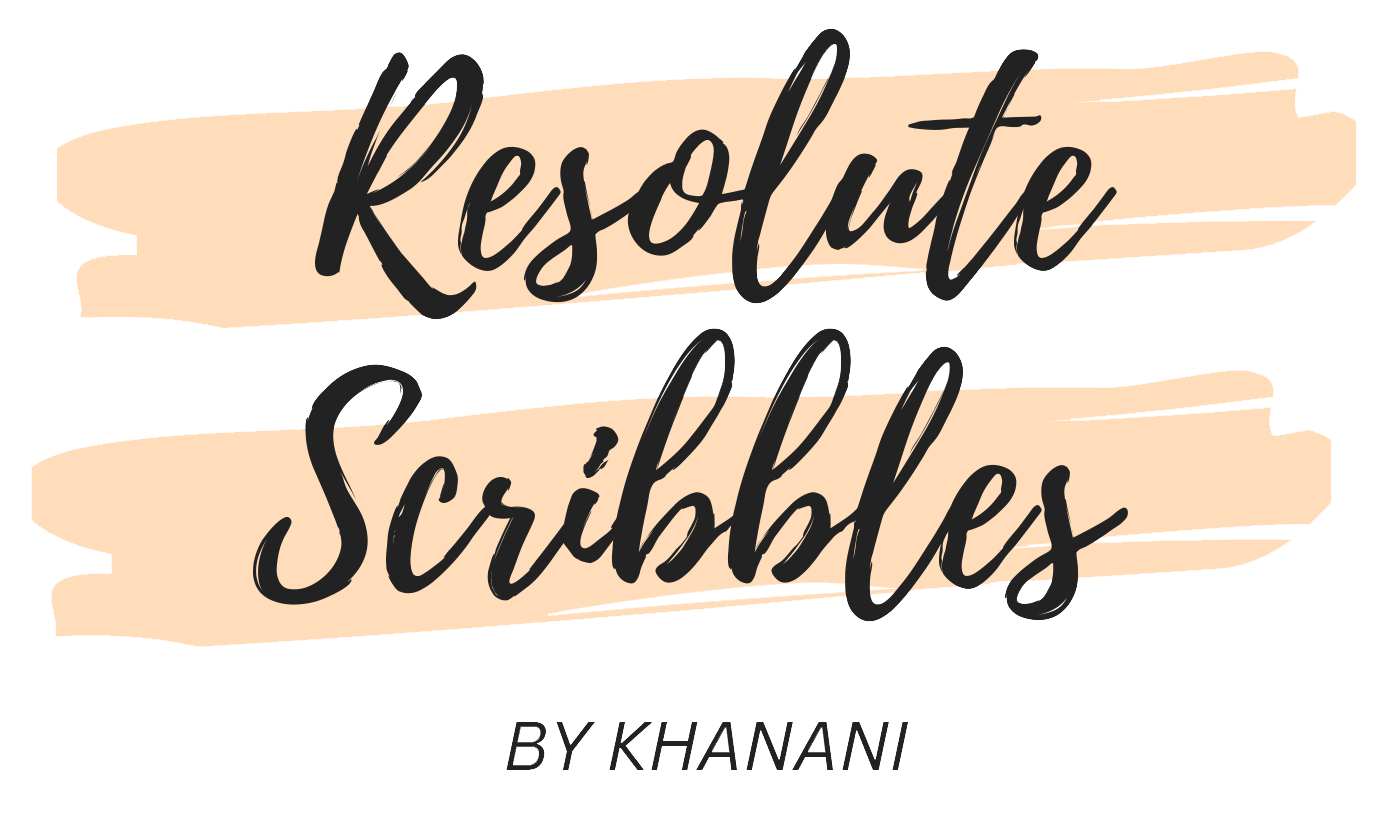Genre: Fiction
Pages: 208 pages
Author: Sulaiman Addonai, Eritrean
Setting: Sudan
Themes: Refugee camp; Cross cultural marriage; Family; Love
‘If silence was a language, she would not have forced herself to be his voice’ – Saba, excerpt from Silence is My Mother Tongue by Addonai Sulaiman
I listened to the audio book version of this book, and I loved the plot and story line.
Based in a refugee camp in Sudan, the protagonist, Saba, and her family move to the camp after being displaced by Eritrea’s independence war. Her mother, mute brother (Hagos) and herself start their new life in the chaos of the camp and do their best to make ends meet, integrating into the multi-cultural and racial community.
The story unfolds with Saba’s trial before a self-acclaimed judge of the camp. She has been accused of indecent relations with her mute brother because they sleep together under the same blanket. Her morality is questioned, and she is only vindicated when the nurse of the camp checks for her virginity and finds it intact.
This episode causes Saba to be more daring with her engagements while at the camp. She gets entangled with a prostitute who moves into the camp a few months later and marries a businessman who falls in love with her mute brother, a new and unheard-of occurrence by the diverse cultures in the camp.
I loved the diversity of the stories and life of the characters in a refugee camp. Reminiscing their days of glory in their home countries, the constant premonition that their short-lived happiness might not last a while and constantly trying to balance the intersection of how to deal with dissimilar cultures. Who determines what the law is at a refugee camp? Who sets the moral bar and code? All these looming questions are brilliantly addressed by Addonai through his characters in the camp.
Addonai also explores the concept of language. With the different dialects at a camp, it is easy to get lost in communication because of the barrier created by language. With his characters, Addonai explores this theme through Hagos. He is a mute and can not speak, but Saba, his younger sister, develops a mode of communicating with her brother. Hagos expressed himself through Saba’s body, clothing and styling her hair, taking pictures of her, or stroking her. Saba and Hagos ultimately learn how to speak to each other in a distorted language they develop. Addonai however alludes to the fact that its easy to resort to silence while spoken to in a camp because of the fear of rejection or a lack of understanding.
Addonai also vividly explores the theme of cross cultures and their integration into one in refugee camps; the sad state of these camps (The Chapter of the Open Toilet) while also portraying the impact that relief food and clothing has on the refugees living in these camps in terms of slowly erasing their memories of who and what they used to be before.
The author also explores the concept of time and how time stands still while in a camp. You can never know the day or year as each person is silently filled with hopes and dreams of returning to what life was before they were displaced.
If you’ve always wondered what it’s like for people who live in refugee camps or wondered how they navigate and find an intersection in their diverse cultures, this book is for you.
Let me know what you thought about the book in the comment section in case you have read it already.
Cheers!

tcndangana
Dear Khanani, I enjoy reading your book reviews❤
Violet's Vegan Comics
That sounds like a really interesting book. 😀 Thank you for sharing your thoughts about it. 😀
restynannyanga
Its my current read, and yeah its a good one so far!